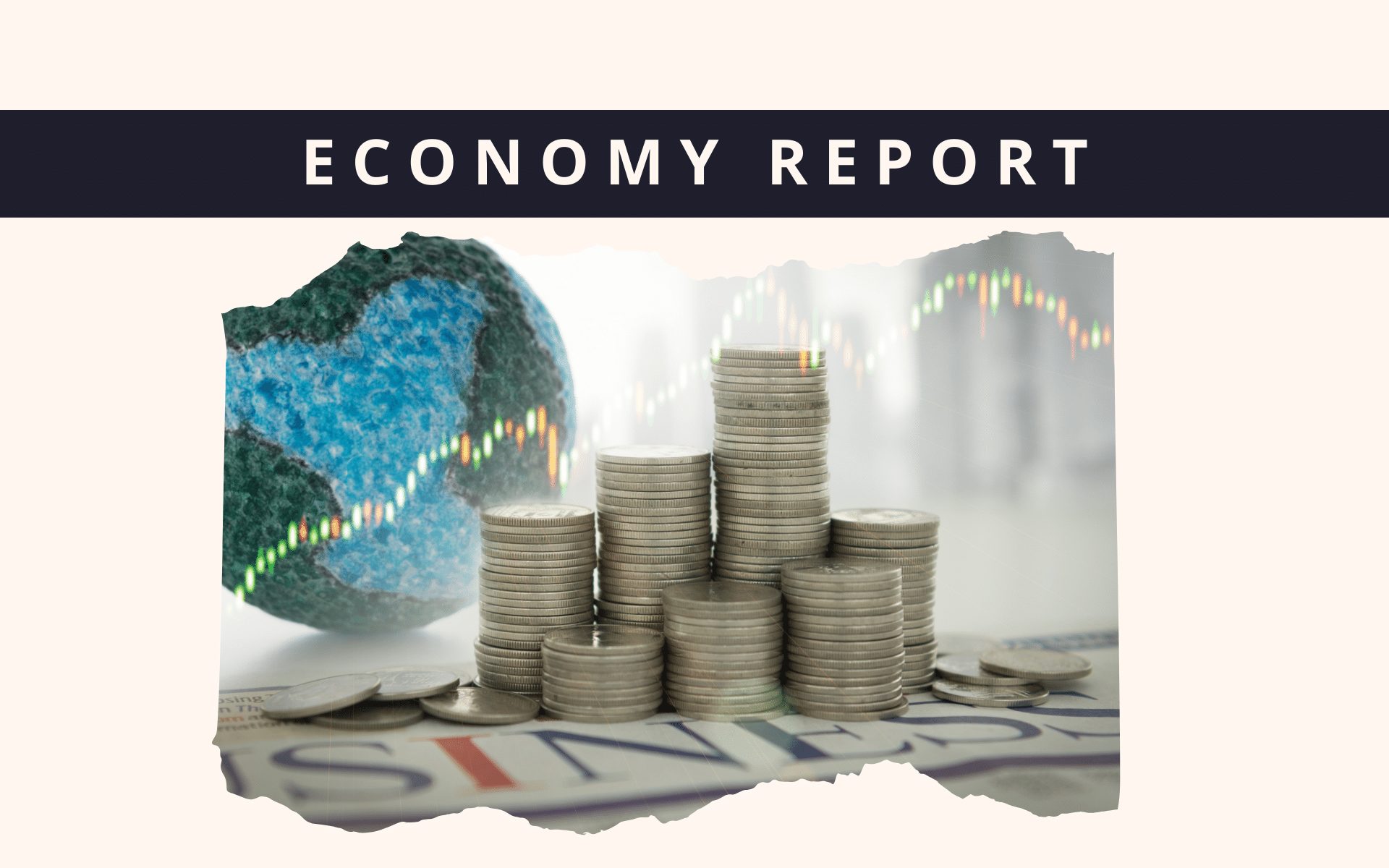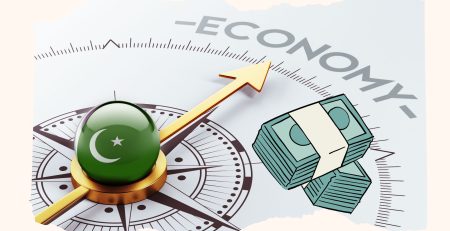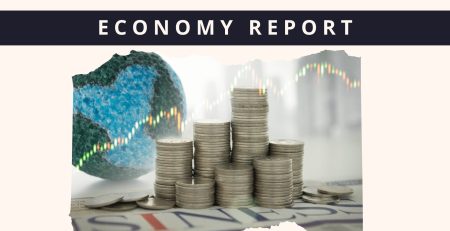SBP Cuts Policy Rate by 150bps: Implications for Pakistan’s Economy
Overview of policy rate cut
The State Bank of Pakistan (SBP) has announced a significant policy rate cut of 150 basis points (bps), bringing the rate down to 20.5%. This decision comes after nearly a year of maintaining the benchmark rate.
Reasons behind the rate cut
The SBP cited two primary reasons for the rate cut:
📢 Announcement: You can now access our services and similar analyses by opening an account with us via JS Global

- Reduction in inflationary pressures
- Fiscal consolidation
The Monetary Policy Committee (MPC) indicated that the reduction in interest rates aims to boost industrial growth, which has been sluggish during the fiscal year 2024 (FY24). Additionally, improvements in the current account deficit and stable foreign exchange reserves are expected to support higher industrial growth.
Impact on inflation
The MPC managed to bring down inflation to 11.8% year-on-year (YoY) in May 2024, a significant decrease from 38% during the same period last year. This reduction is attributed to:
- Lower prices of wheat and wheat flour
- Decrease in major food item prices
- The downward adjustment in administered energy prices
However, there is a potential risk of inflation rising again at the beginning of FY25. The average headline inflation for FY25 is expected to remain around 10-11%, considering the introduction of new taxes on oil in the upcoming budget.
Recent mpc decisions
📢 Announcement: We're on WhatsApp – Join Us There!
Summary of recent MPC decisions regarding the policy rate:
| Date | Stance | Policy Rate |
|---|---|---|
| June 10, 24 | -150 bps | 20.5% |
| April 29, 24 | Unchanged | 22.0% |
| March 18, 24 | Unchanged | 22.0% |
| January 29, 24 | Unchanged | 22.0% |
| December 12, 23 | Unchanged | 22.0% |
| October 30, 23 | Unchanged | 22.0% |
| September 14, 23 | Unchanged | 22.0% |
| July 31, 23 | Unchanged | 22.0% |
| June 26, 23 | +100 bps | 22.0% |
| June 12, 23 | Unchanged | 21.0% |
| April 04, 23 | +100 bps | 21.0% |
Impact on the stock market
The policy rate cut is expected to positively impact the stock market by encouraging defensive investors to shift their investments to equities. Currently, the Pakistan market is trading at a compelling price-to-earnings (PE) ratio of 4.2 for FY25, offering an earnings yield of 24%, which is higher than the policy rate of 20.5% and the 5-year Pakistan Investment Bond (PIB) rate of 15.4%.
Impact on different sectors
The rate cut is beneficial for high-leverage companies such as those in the cement, textile, and steel sectors. However, it may have a slightly negative impact on banks due to the effect on their net interest margins (NIMs) and deposit growth.
Earnings sensitivity
The table below shows the net impact of the reduction in policy rate on major companies:
| Company | Net Debt (Rs bn) | EPS Impact (Rs) | % of Earning |
|---|---|---|---|
| MUGHAL | 26 | 0.7 | 16% |
| PAEL | 14 | 0.2 | 10% |
| PSO | 149 | 2.9 | 10% |
| PKGS | 94 | 9.6 | 9% |
| DGKC | 23 | 0.5 | 8% |
| FCCL | 42 | 0.2 | 4% |
| INIL | 7 | 0.5 | 4% |
| ILP | 67 | 0.4 | 4% |
| EPCL | 30 | 0.3 | 3% |
| PIOC | 12 | 0.5 | 2% |
| MLCF | 12 | 0.1 | 2% |
| CHCC | 5 | 0.2 | 1% |
| HUBC | 25 | 0.2 | 0% |
| ISL | 1 | 0.0 | 0% |
| LUCK | (13) | (0.4) | 0% |
| EFERT | (8) | (0.1) | 0% |
| PPL | (88) | (0.3) | -1% |
| OGDC | (167) | (0.4) | -1% |
| LOTCHEM | (7) | (0.0) | -1% |
| KOHC | (17) | (0.8) | -2% |
| POL | (79) | (2.5) | -2% |
| FFC | (67) | (0.5) | -2% |
| ATRL | (66) | (5.7) | -2% |
Disclaimer:
The information in this article is based on research by Sherman Securities. All efforts have been made to ensure the data represented in this article is as per the research report. This report should not be considered investment advice. Readers are encouraged to consult a qualified financial advisor before making any investment decisions.
⚠️ This post reflects the author’s personal opinion and is for informational purposes only. It does not constitute financial advice. Investing involves risk and should be done independently. Read full disclaimer →












Leave a Reply